Ibogaine is a psychoactive drug derived from the Tabernanthe iboga plant native to Africa. For centuries, native tribes used ibogaine for its community building and healing properties. However, today individuals take ibogaine, primarily in a medical setting, to treat addiction, depression, and PTSD.
There are many forms of ibogaine. The purest extracted form is a white powder called ibogaine hydrochloride, or ibogaine HCL. Because of its purity, ibogaine HCL offers safer, more reliable results. This makes it the most commonly used form of ibogaine for medical and research applications.
In this article, we review the different plant extracts containing ibogaine, their purity levels, and discuss ibogaine dosage guidelines.
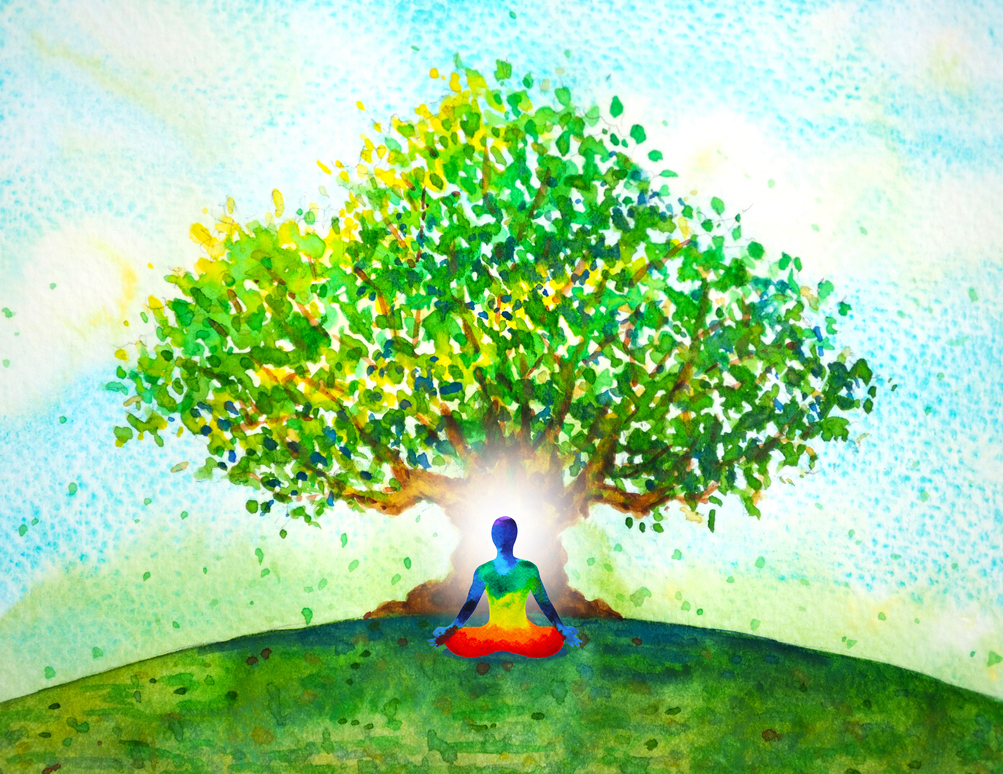
Ibogaine Extracts by Purity
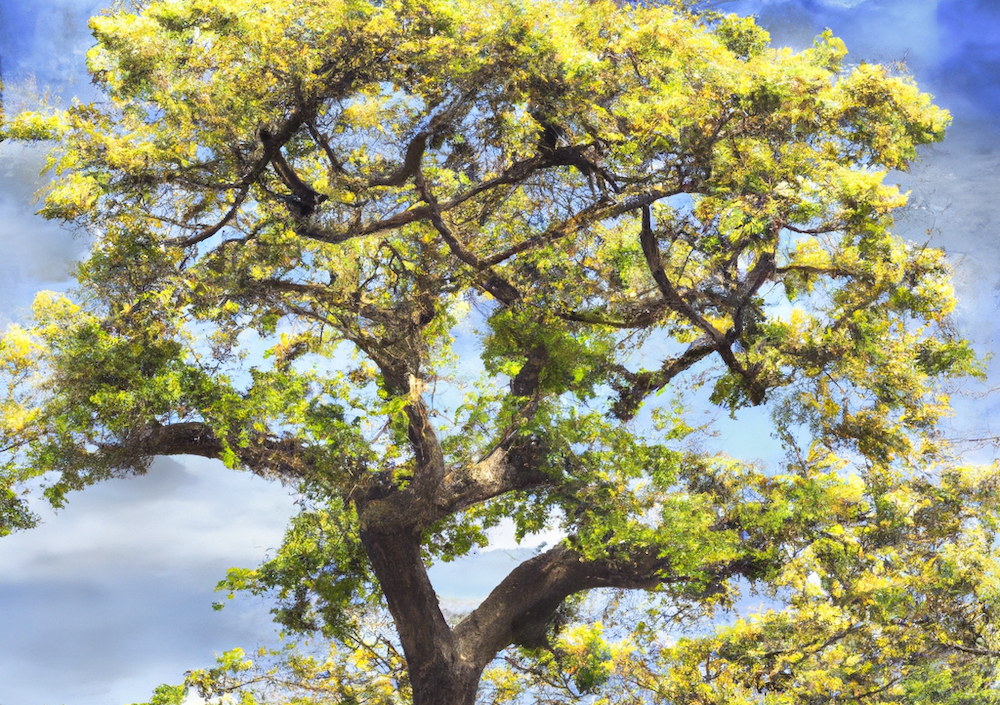
Many extracts contain ibogaine. Labs use various methods to extract ibogaine from a few different sources. The original source of ibogaine is the iboga shrub, Tabernanthe iboga, native to Africa. However, the Voacanga africana, a tree native to Africa, is quickly becoming the primary source of ibogaine because of its availability.
The T. iboga root bark contains 30 discovered alkaloids–organic compounds with physiological effects–one of which is ibogaine. Some extracts contain all of these alkaloids, while others purify ibogaine by minimizing the secondary compounds.
Let’s look at these extracts in order of ibogaine purity from least to greatest.
Iboga Root Bark
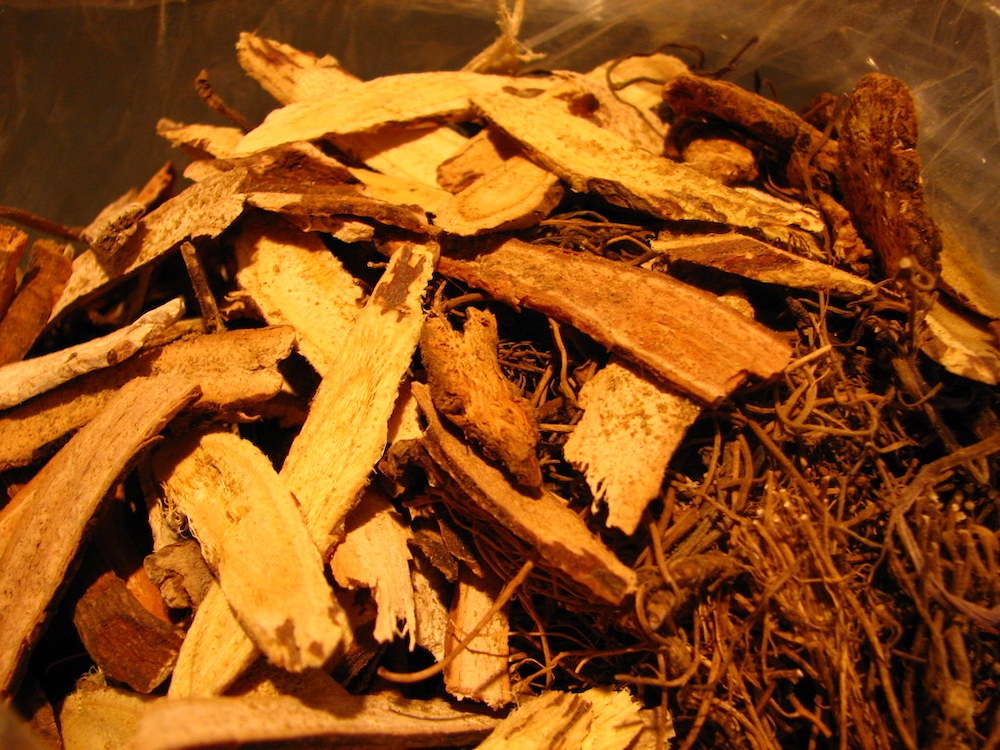
The rawest version of ibogaine comes from the T. iboga or V. africana root. This brown material is often sold as raw bark or powder–but may also come as a liquid tincture.
The T. iboga powdered root bark has a tested purity level between 0.6% to 11.2%.
Iboga retreats, and native Africans, use this raw root bark as part of their ceremonies. Ibogaine is only one of the psychoactive compounds found in the T. iboga root bark, creating a unique psychedelic experience compared to pure ibogaine HCL.
Ibogaine Total Alkaloids (TA)
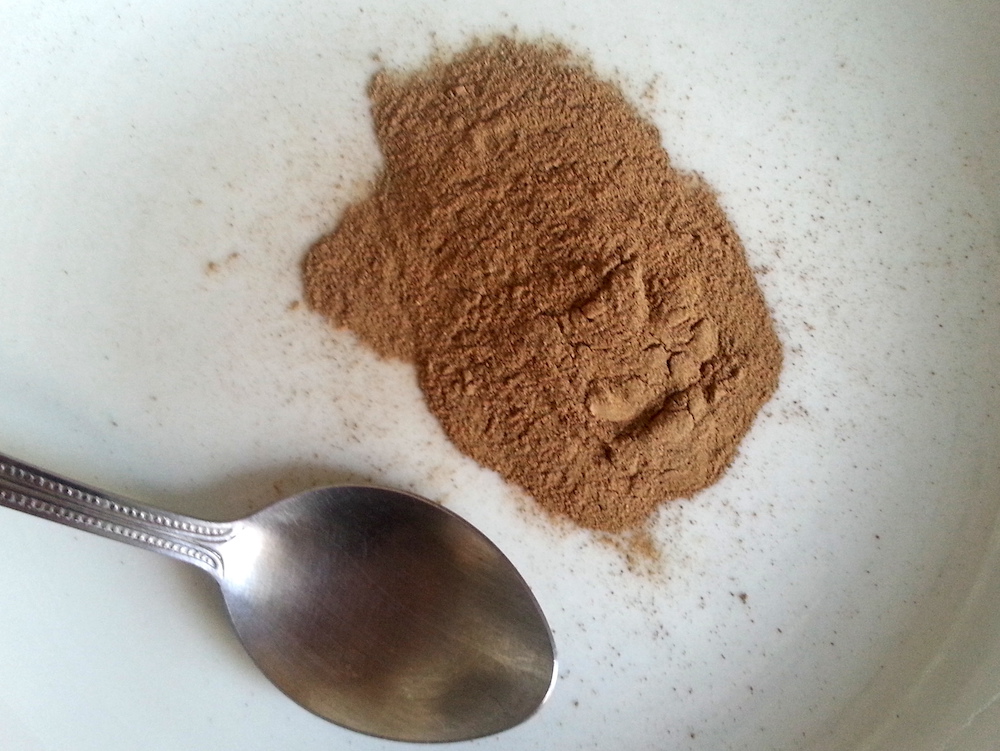
The next step up from raw root bark is ibogaine TA, which stands for total alkaloids.
Ibogaine TA is a simple extraction that removes most of the plant matter from the root bark and creates a more potent compound containing all of the alkaloids in T. iboga. Taking ibogaine TA is more akin to the raw iboga plant than medical grade ibogaine HCL.
Consuming higher levels of ibogaine is easier with ibogaine TA because it is concentrated.
Ibogaine total alkaloids (TA) is often marketed as a 30-70% pure compound, yet studies have reported an 8.2% to 32.9% purity level.
Ibogaine Purified Total Alkaloids (PTA)
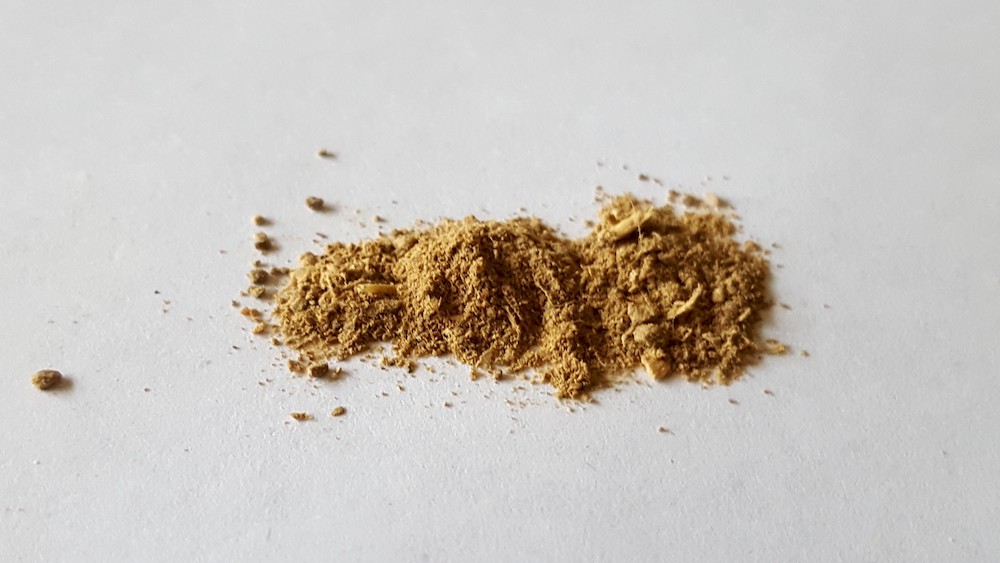
Purified total alkaloids, or ibogaine PTA, is another level of purification. Whereas ibogaine TA contains all of the alkaloids found in T. iboga, the PTA extract purifies the alkaloids further by limiting the alkaloids to these three specifically:
- Ibogaine
- Ibogamine
- ibogaline
These are the three predominant alkaloids in T. iboga that are synergistic. They work together to create the primary psychoactive effects found in T. iboga.
Ibogaine purified total alkaloids (PTA) extracts claim a 40-80% ibogaine purity, with one study showing an ibogaine PTA purity of 73.7%.
Ibogaine Hydrochloride (HCL)
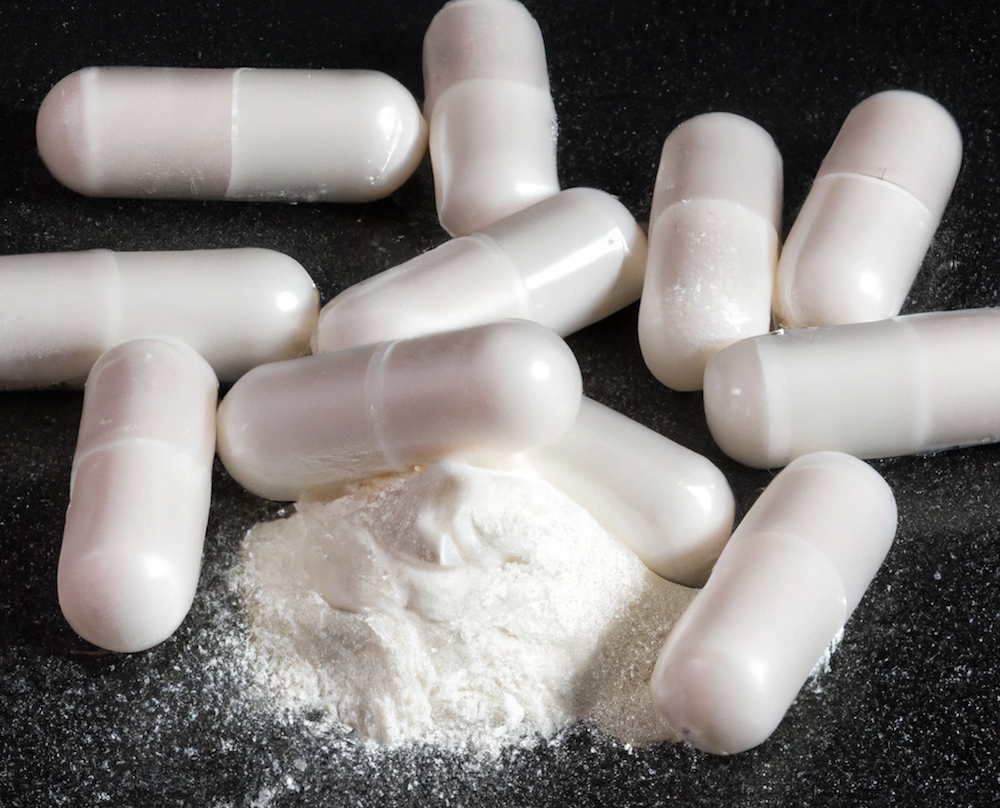
Lastly, we have the purest form of ibogaine, ibogaine hydrochloride, or HCL. This is the most difficult to extract and may be produced from the Tabernanthe iboga or the Voacanga africana.
Ibogaine HCL is a white powder used by medical ibogaine clinics and researchers alike because of its purity.
Because ibogaine HCL limits the alkaloids to specifically ibogaine, it is more predictable as a treatment method for addiction, PTSD, depression, and other medical conditions.
Although many clinics claim to use 99% pure ibogaine hydrochloride for treatment, studies have shown ibogaine HCL purity to range between 61.5% to 73.4%.
Even without this purity variation, ibogaine HCL can be unpredictable and potentially dangerous. We recommend never taking ibogaine HCL or other ibogaine products outside a safety-focused, medical ibogaine clinic.
Ibogaine HCL Dosage
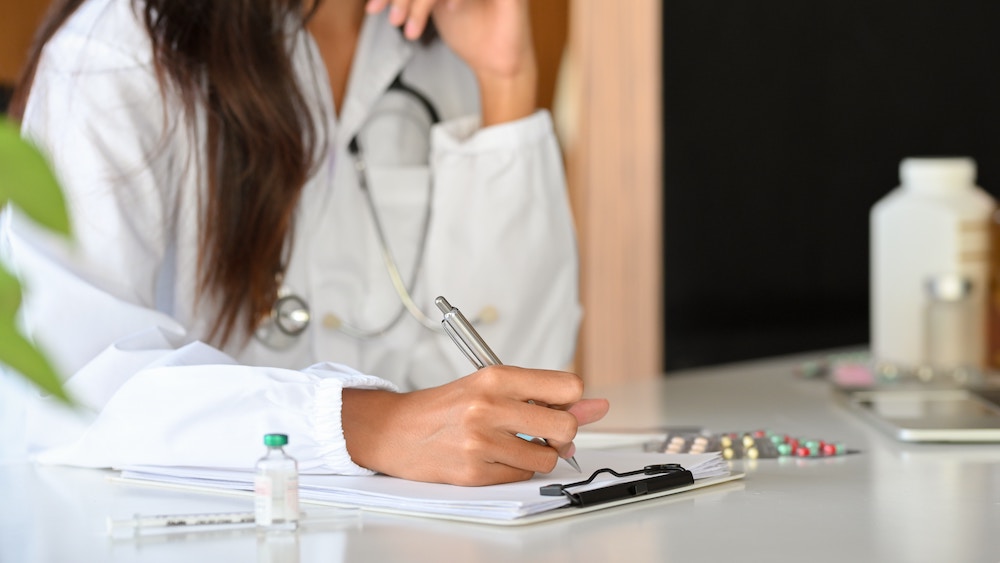
Disclaimer: Dosage information is for education purposes only and are not a medical recommendation.
Typically, the ibogaine treatment process involves multiple doses of ibogaine HCL at different intervals.
These doses will vary depending on the clinic and their approach. However, dosage should be within a set range of standard ibogaine guidelines.
Let’s look at when and how ibogaine HCL is taken and the usual dosage.
Test Dose
The recommended first dose is a test dose. This ensures no allergic or adverse medical reactions to the ibogaine HCL.
The typical test dose is 2-3 mg/kg.
After the taking the test dose, there is a 1-2 hour observation period helps ensure no negative effects.
Flood Dose
After the test dose clears, patients take the full flood dose of ibogaine HCL.
This is where there is some variance. The typical dose ranges between 15 and 20 mg/kg.
This level of ibogaine may be considered a higher risk, but it is necessary to realize the full effects of ibogaine for treating addiction.
Dosage should not exceed 24 mg/kg in a 24-hour period.
Booster Doses
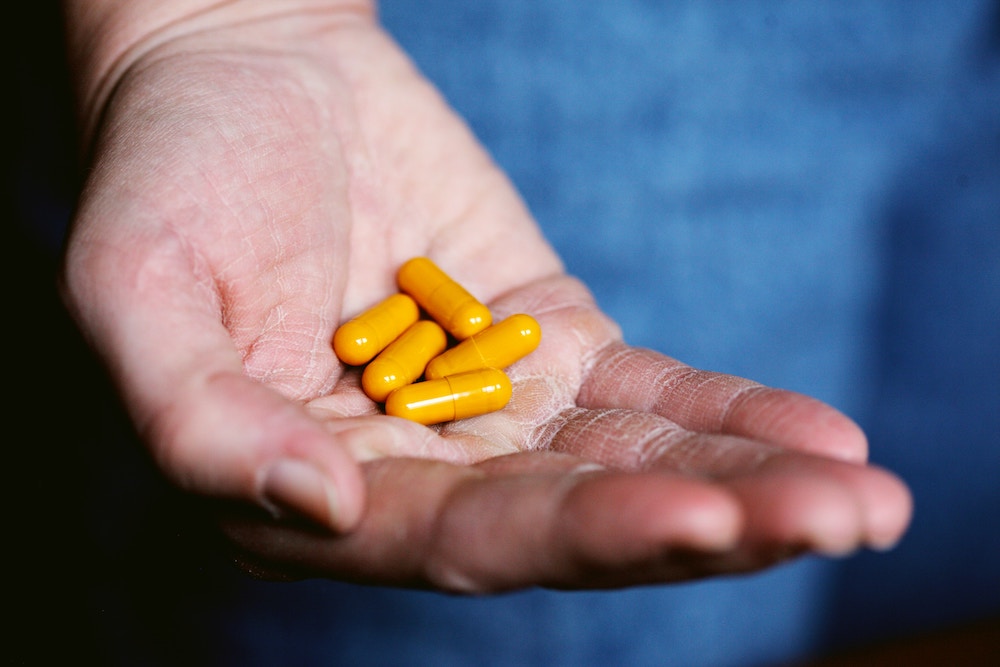
Once the full dose of ibogaine has worn off, many patients will take small quantities of ibogaine to “boost” the overall effectiveness over an extended period.
Booster doses are generally given no less than 24-36 hours after taking the flood dose of ibogaine. However, they can be taken days or weeks after ibogaine treatment to help address withdrawal or cravings from previous drug use. This should not affect the overall cost that an ibogaine clinic charges.
Booster doses are between 1 and 5 mg/kg.
Patients leaving ibogaine clinics often take capsulated ibogaine HCL boosters with them to help further their recovery. Typically, 1-3 booster doses are helpful post treatment.
We strongly recommend only taking ibogaine with proper medical supervision.
Ibogaine HCL and Treatment
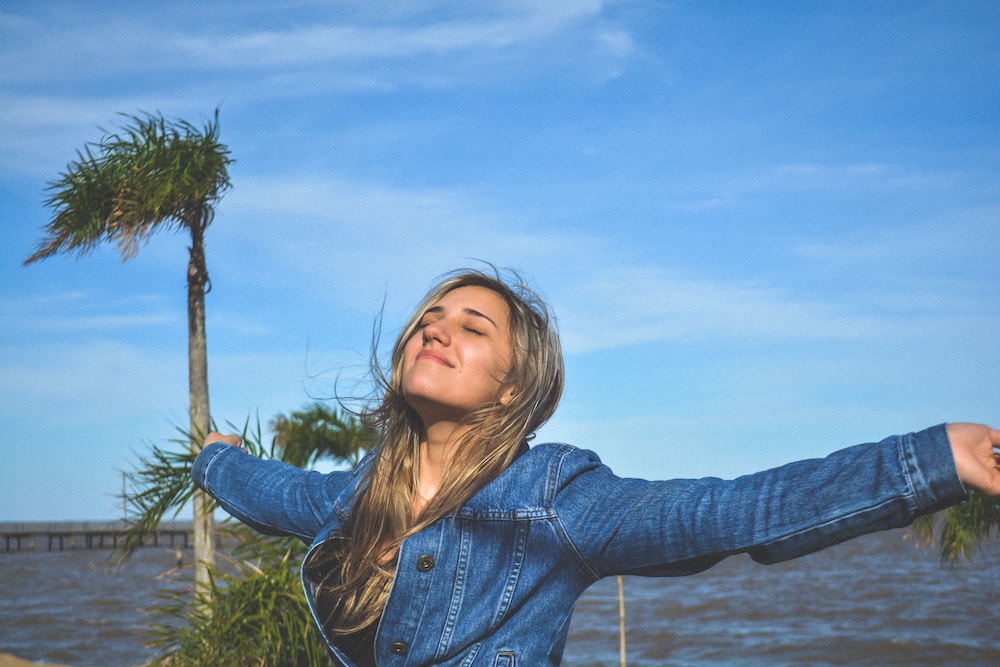
Ibogaine is a fascinating drug that continues to gain momentum in the medical and scientific community.
There are many different ibogaine extracts, each with their own applications. Ibogaine HCL is the purest form of ibogaine used mainly for medical treatments.
Ibogaine has shown promise as a treatment for addiction, depression, and PTSD. It can also be helpful for those who have tried other treatment methods without success.
Always consult a medical professional when considering any treatment options.


